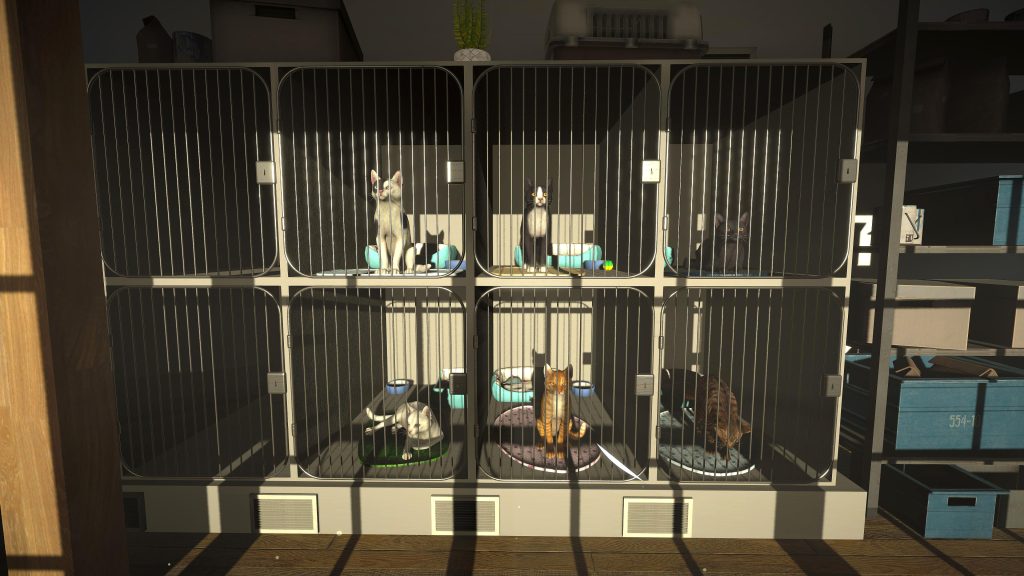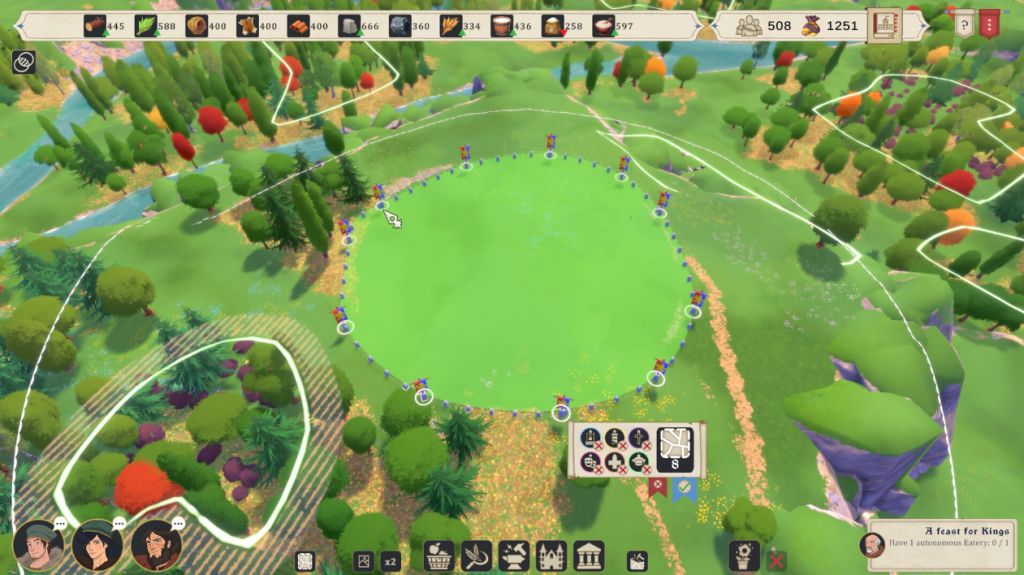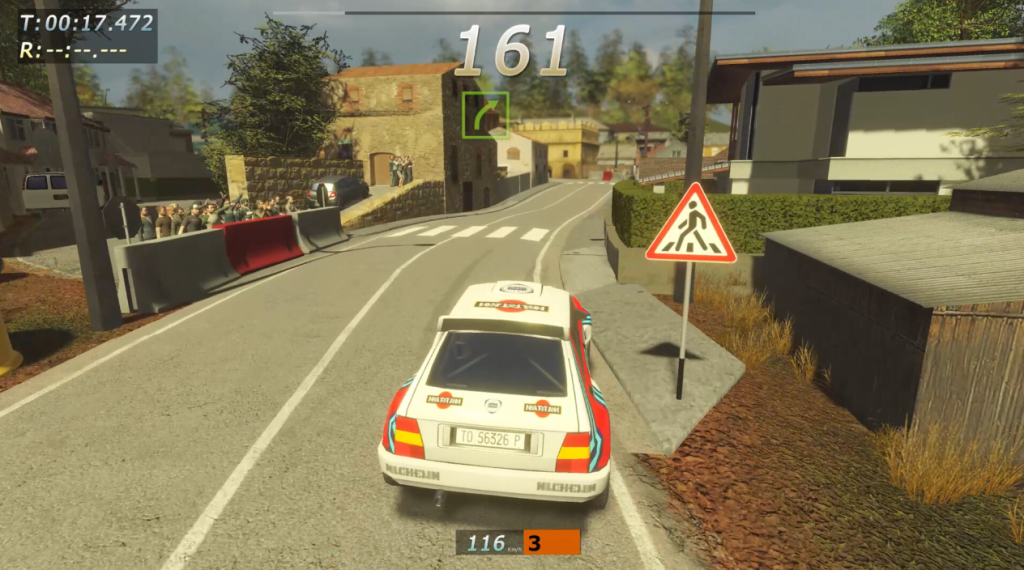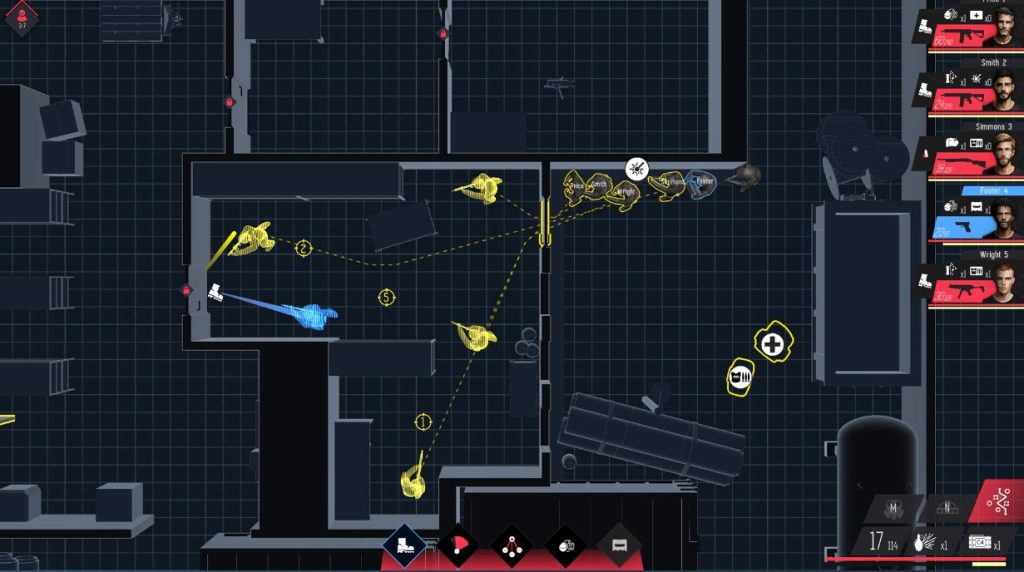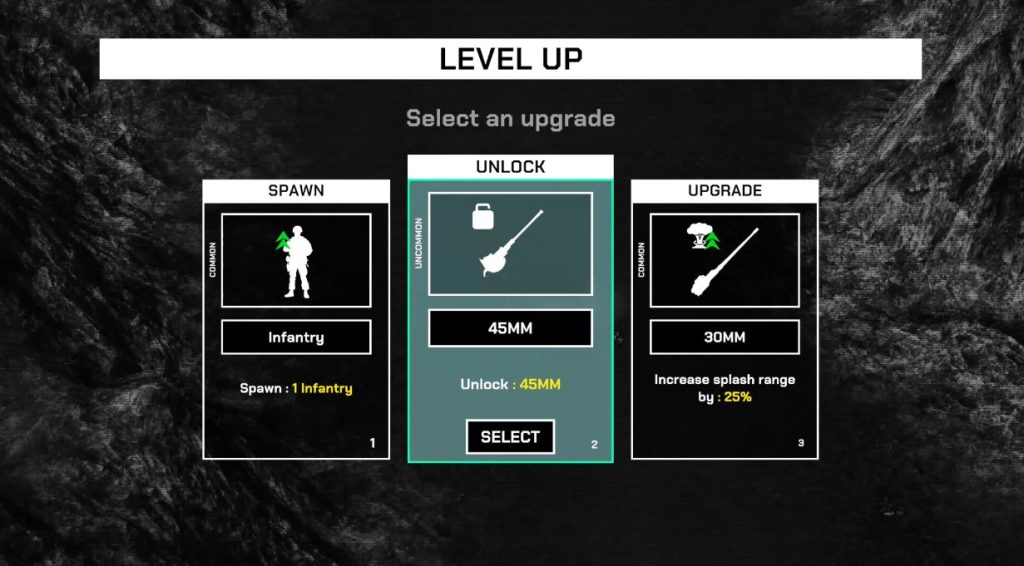From the very first moments of Copycat, I found myself drawn into a world that is both vibrant and quietly somber a contradiction that perfectly mirrors the emotional complexity at the heart of this indie narrative adventure. The game doesn’t shy away from sensitive subjects like family trauma, abandonment, and the pain of letting go. Instead, it invites players to sit with these feelings, to experience them through the eyes of a creature whose world is often overlooked: a shelter cat named Dawn.
Playing as Dawn, I was immediately struck by how the game’s perspective almost always from the vantage point of a cat shapes every interaction. Whether prowling along alleyways, perched on a windowsill, or curled up in a patch of sunlight, the world feels intimate and constrained, as if seen through feline eyes. Occasionally, the camera shifts to first-person, making the experience even more immersive. Yet, I also noticed that my freedom was often restricted to the specific boundaries of each story chapter. This design choice, while sometimes limiting, kept me focused on the unfolding narrative and the emotional beats that define Dawn’s journey.
